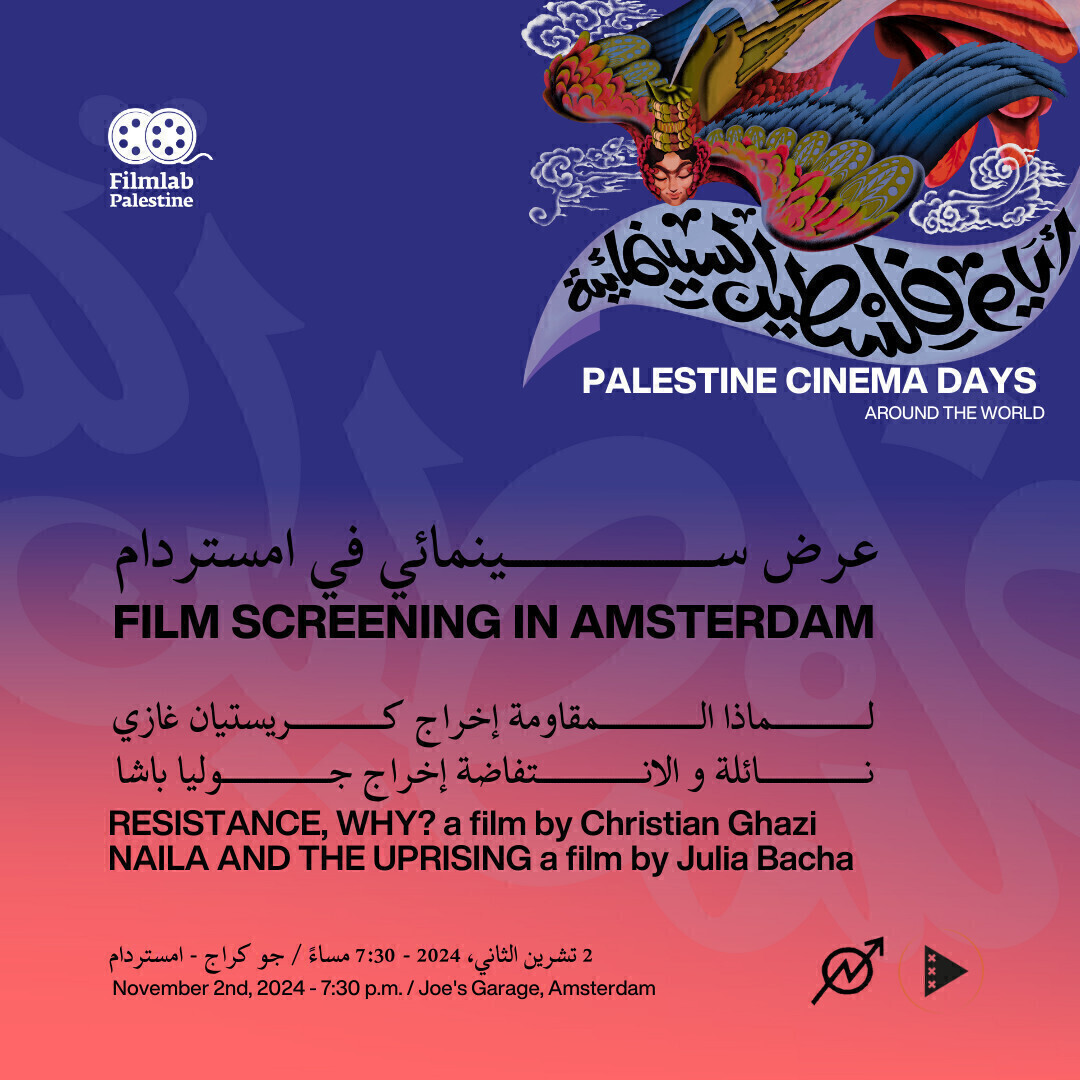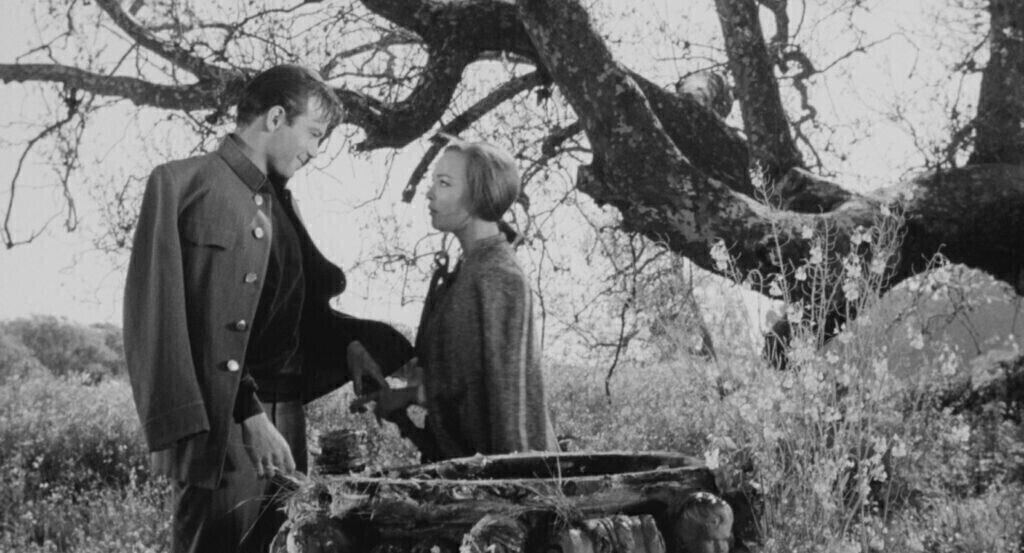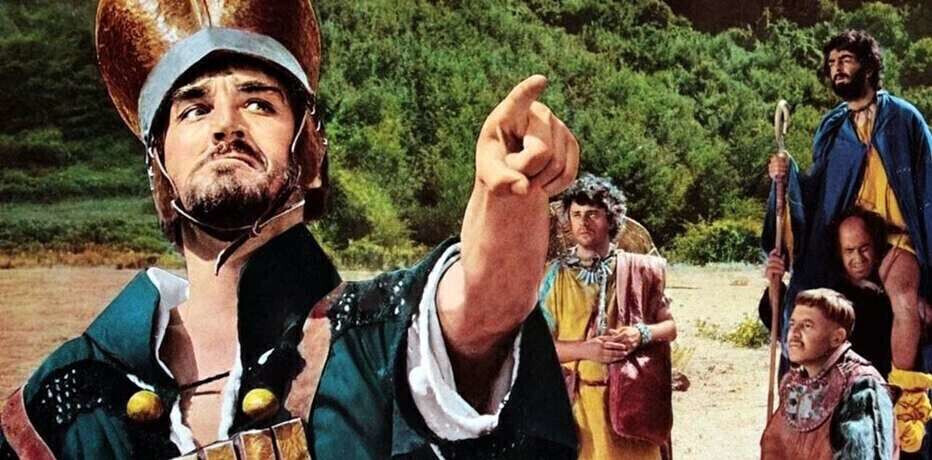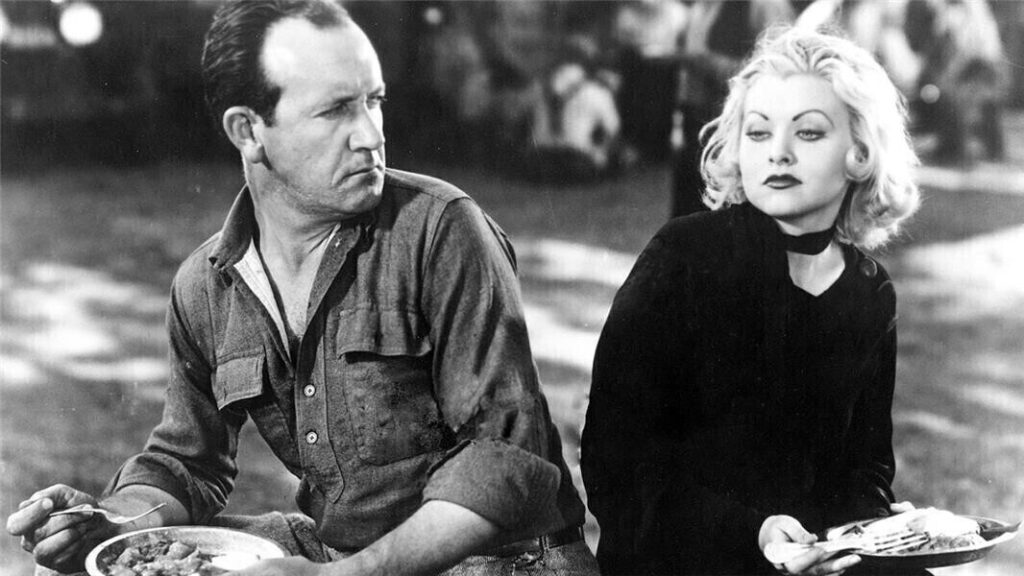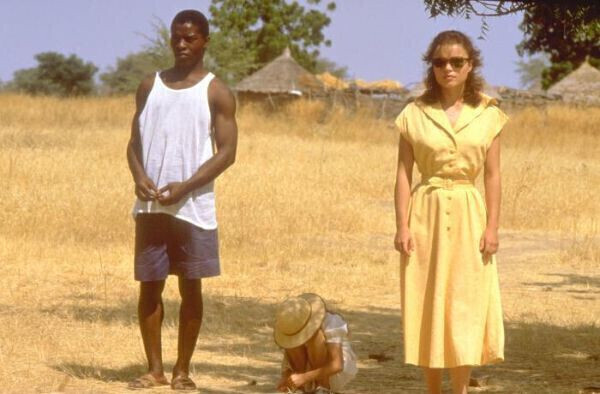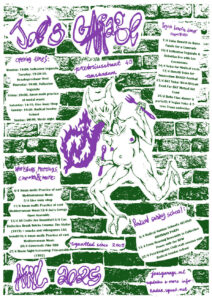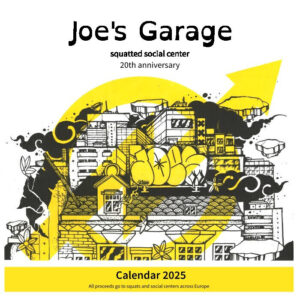Sunday November 10, 2024, Can Dialectics Break Bricks Cinema: The Net – Unabomber, LSD & Internet. The hidden side of the Internet * 2003 * Directed by Lutz Dammbeck * 121 minutes * In English and German, with English subtitles * doors open at 20:00 * intro & film start at 20:30.
 This is a wild documentary made by a German filmmaker who goes down a strange rabbit hole starting with American avant-garde artists of the 1960s like musician John Cage and experimental filmmaker Jonas Mekas. The structure of the whole movie reflects our modern internet world, because while he is looking around collecting information about those artists, he comes across links that lead him in another unexpected direction. As things unfold, the movie shifts into several directions that seem to be linked. One thread involves cybernetics and the development of computer technology, another is the covert operations of the CIA and their use of LSD. All these things are tied together with the story of a man named Ted Kaczynski, otherwise known as the Una Bomber.
This is a wild documentary made by a German filmmaker who goes down a strange rabbit hole starting with American avant-garde artists of the 1960s like musician John Cage and experimental filmmaker Jonas Mekas. The structure of the whole movie reflects our modern internet world, because while he is looking around collecting information about those artists, he comes across links that lead him in another unexpected direction. As things unfold, the movie shifts into several directions that seem to be linked. One thread involves cybernetics and the development of computer technology, another is the covert operations of the CIA and their use of LSD. All these things are tied together with the story of a man named Ted Kaczynski, otherwise known as the Una Bomber.
Ted Kaczynski had been a professor of mathematics who abandoned the university system and began living in a self-built cabin in the remote countryside. He felt the world was going in a totally dystopian direction, an increasingly technological world of mass surveillance, endless wars and the destruction of nature. He resorted to targeted violence in order to get his message across, and managed to have his manifesto printed on the front page of the New York Times before he was arrested in 1996.
Of course the documentary raises questions about the uncontrovertibly negative side of Ted’s actions, but it also shows something else that isn’t talked about often enough – the almost religious zeal of Silicon Valley and big tech executives, and how they turn a blind eye to the destructive sides of what they are doing and refuse to take any responsibility whatsoever. These megalomaniacs are uprooting society across-the-board, creating polarizing divisions, the scattering of people’s attention, rampant addiction and surveillance.
The Net has become a cult classic in the last several decades, revealing an untold history. Today we live in a world where memory is largely obliterated, and we tend to think of the internet as something that just happened ‘organically’ without a plan or history. This movie argues differently, and digs up the history of how Internet was sculpted punch by corporate punch. What it uncovers is pretty shocking in its relevance to the world we live in today. Along the way on this cinematic journey we also come across many 60s icons, such as Ken Kesey and Timothy Leary. This documentary opens up a world you might not have known even existed. Hell, it even features narration by legendary German actress Eva Mattes. An underground classic, marginalized for good reasons.
Film night at Joe’s Garage, cozy cinema! Free entrance. You want to screen a movie, let us know: joe [at] lists [dot] squat [dot] net
